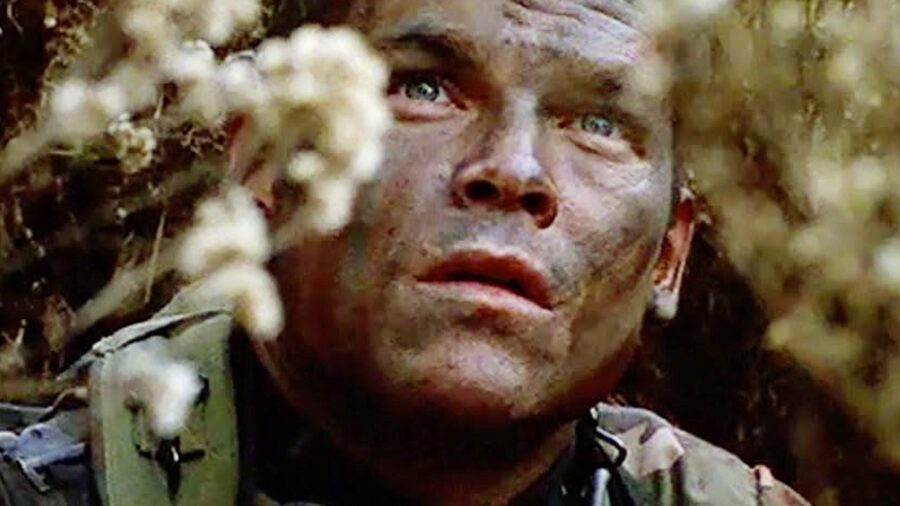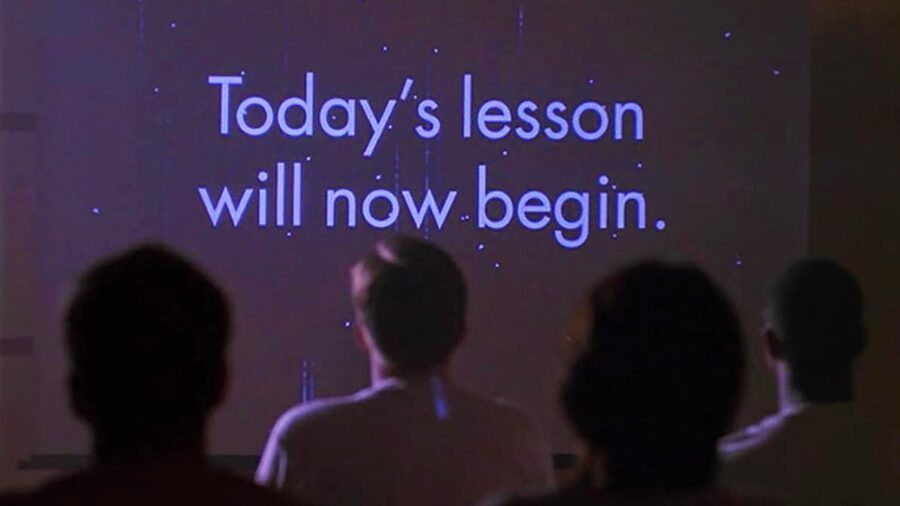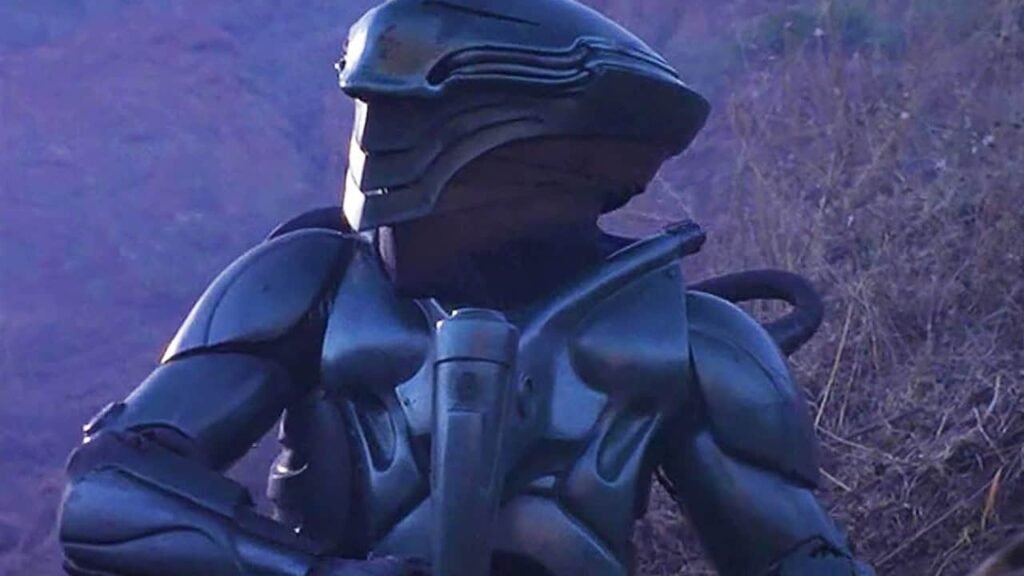[ad_1]
By Jonathan Klotz
| Revealed
For a sci-fi sequence that lasted just one season, Area: Above and Past has had an outsized affect on style exhibits during the last 30 years. Airing in 1995, the army sci-fi present adopted the Wildcards squadron as they had been dragged into an interstellar conflict in opposition to the insectoid “Chigs,” and whereas the rankings didn’t preserve it alive, one episode has stood the check of time, establishing a template for different exhibits to experiment with wild high-concept episodes that break the mould of the sequence. “Who Screens the Birds” is in contrast to some other episode of the sequence, paving the best way for different boundary-breaking episodes like The X-Information “Submit-Fashionable Prometheus” and, in fact, Buffy’s “Hush.”
Who Screens The Birds

“Who Screens the Birds” has nearly no dialogue, focusing totally on the wrestle of Cooper Hawkes (performed by Rodney Rowland), a genetically engineered In Vitro, left alone behind enemy traces. As his hope of a rescue fades, Hawkes time within the In Vitro training middle runs earlier than his eyes whereas a wierd lady is seemingly beckoning him into the sunshine. With no phrases, the episode encapsulates one of the best of Area: Above and Past, which created an intricate sci-fi world that deserved many extra seasons of exploration, but in addition the robust characterization of the principle Wildcards squadron and the way they handled the conflict and their place in it.
Embracing The Grim Darkness Of Conflict
The world of Area: Above and Past has extra in frequent with Warhammer 40k than it does Star Trek, and the flashback scenes to the In Vitro training middle make this painfully clear. Hawkes asks one query to the screens overseeing his training, “Who screens you?” and it’s sufficient to get him labeled as “Faulty.” In Vitros had been designed to be a loyal class of synthetic people for use for menial labor, and as faceless grunts in conflict; they weren’t imagined to query their existence, their training, or the necessity to kill the enemies of humanity on sight.
“Who Screens the Birds” exhibits how Hawkes’s training has formed him, how he’s fought in opposition to it, and the way, finally, regardless of how noble the warrior could also be, conflict kills all kindness. Area: Above and Past is a darkish sequence, however with out phrases, Hawke killing an enemy soldier is without doubt one of the darkest, saddest moments of the present’s sadly shortened run.
Broke The Mould So Others Might Observe

The episode aired on January 7, 1996, because the twelfth episode of Area: Above and Past, and although the general public by no means witnessed the poetry of a high-concept episode that doesn’t want phrases to inform a deep, human story, notable style writers had been paying consideration. Joss Whedon would finally admit that “Who Screens the Birds” supplied the inspiration for “Hush,” after which the success of that episode gave the writers of Buffy the arrogance to experiment with extra wild episodes that shattered the mould from “As soon as Extra With Feeling” to “Tabula Rasa.” In a second that closed the circle, Whedon solid Rodney Rowland within the Angel Season 5 episode, “Conviction.”
Prior exhibits had performed round with mold-breaking idea episodes, notably Star Trek: The Next Generation, however they pulled their punches in comparison with Area: Above and Past with “Who Screens the Birds,” although once more, later sequence, together with Discovery and Unusual New Worlds would go balls to the wall with wild, largely self-contained episodes. The one-season Fox army sci-fi surprise nonetheless has a robust fanbase at the moment and is nicely value trying out; in any case, a few of your favourite exhibits achieved greatness as a result of it dared go the place no sequence had gone earlier than.
[ad_2]
Source link
